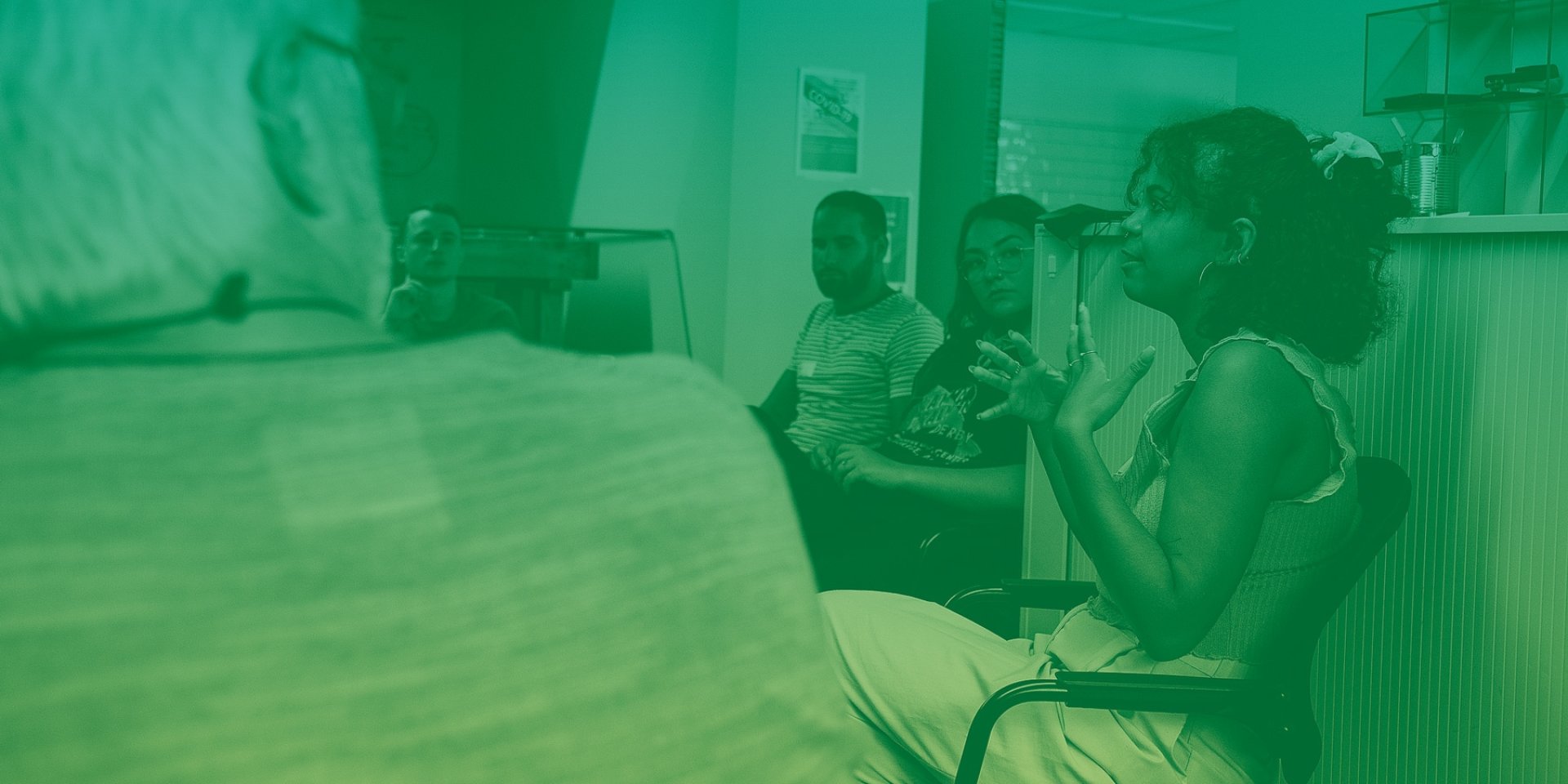Co-création d’un processus techno-pédagogique pour soutenir la formation professionnelle

Les personnes présentant des troubles cognitifs et/ou sociaux rencontrent des difficultés d’apprentissage dans leur formation professionnelle. Ces difficultés diminuent leur chance d’acquérir les compétences nécessaires à une intégration dans le marché du travail. La littérature scientifique montre qu’une formation professionnelle s’adaptant aux difficultés de chaque apprenant peut améliorer les compétences professionnelles de ces personnes et de fait leur employabilité.
Ce projet vise à créer un processus pédagogique s'adaptant aux difficultés de chaque apprenant. Ce processus s’appuie sur la réalité Augmentée (AR) et Virtuelle (VR) couplée à des algorithmes de Machine Learning (ML). Comme première étape, la VR permettra de focaliser l’attention de l’apprenant sur les aspects importants de la formation et de recueillir la progression de son apprentissage. Comme deuxième étape, la AR permettra d’afficher des éléments difficilement visualisables. Les algorithmes de ML permettront une personnalisation de la formation avec l’aide des maîtres socioprofessionnels.
Parmi les formations proposées par l’Orif, la formation dans les métiers du bâtiment se heurte à l’acquisition des compétences liées à la lecture de plan 2D pour arriver à l’ouvrage correspondant en 3D et à l’échelle. Ces compétences de base sont importantes dans l’autonomie des futurs travailleurs. Dès lors, ces compétences feront l’objet du premier cas d’usage de notre processus. Ce cas d’usage nous permettra de mesurer l'impact pédagogique de l'approche.
Notre projet constitue une innovation sociale car il vise à répondre au besoin d’améliorer l’efficacité des dispositifs pédagogiques et d’adapter la formation en fonction des difficultés des apprenants. Pour ce faire, nous développerons une innovation technologique favorisant l’apprentissage de la compétence visée et utilisée comme médiatisation du savoir, ainsi qu’un guide d’accompagnement pédagogique pour les professionnels encadrant ces jeunes.
